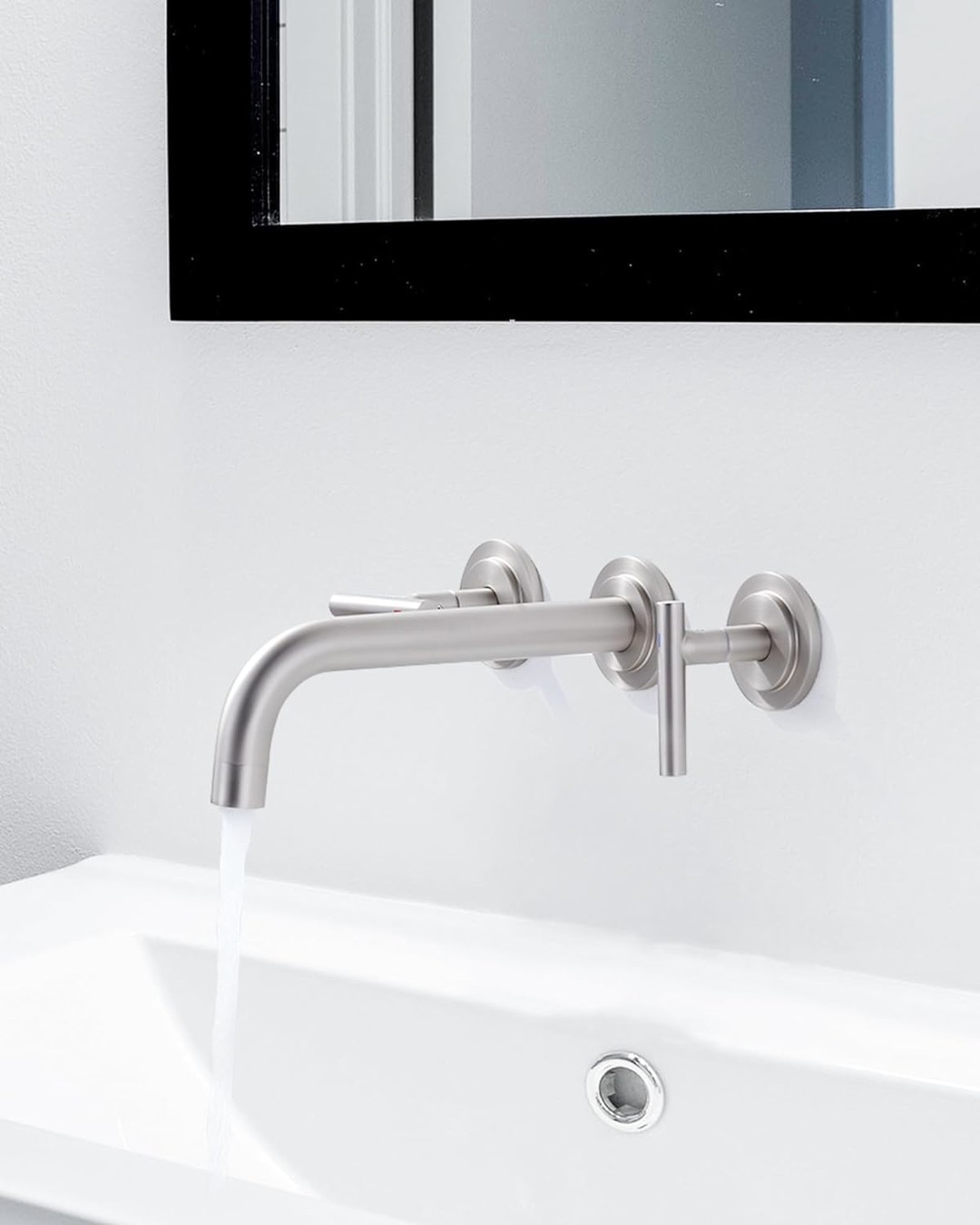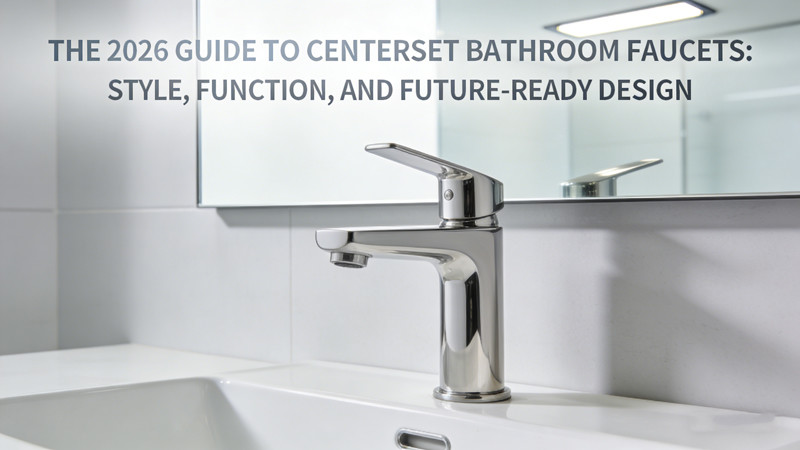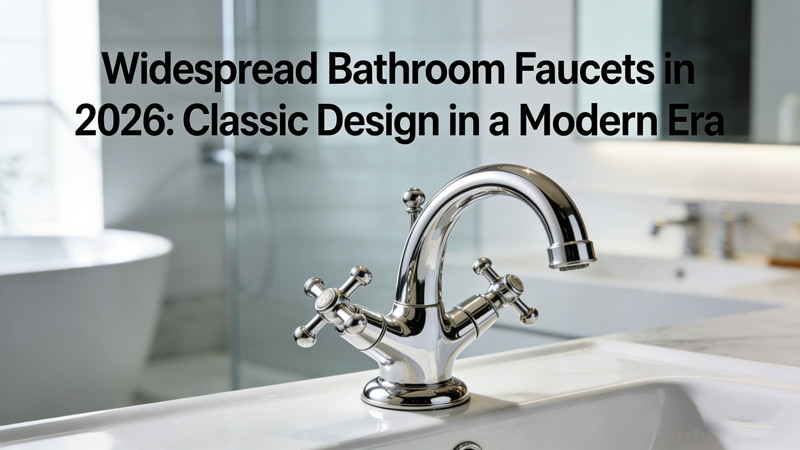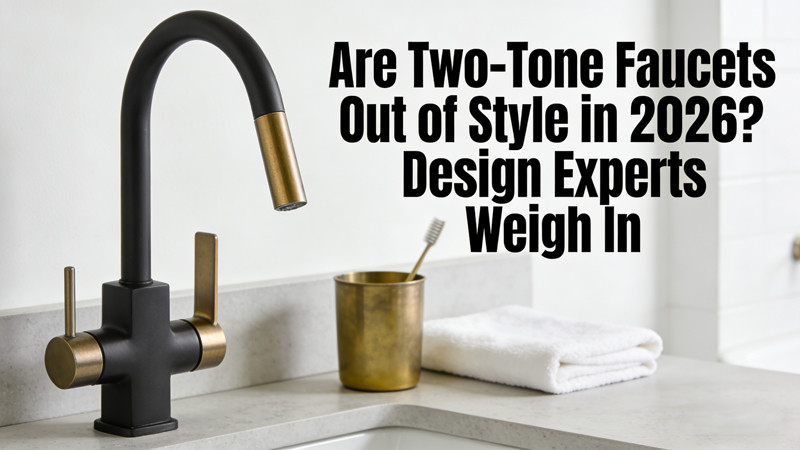
The accessibility of tap water from bathroom faucets offers convenience but sparks inquiries regarding its suitability for drinking. While traditionally reserved for personal hygiene, the prospect of utilizing bathroom taps as a water source for consumption warrants scrutiny. Is it safe to drink tap water from the bathroom? In this comprehensive exploration, we delve into the multifaceted aspects influencing the safety of drinking tap water from bathroom faucets, encompassing regulatory oversight, water quality dynamics, potential hazards, and proactive measures to ensure water safety.
Regulatory Standards and Oversight:
Governments worldwide implement stringent regulatory standards and oversight mechanisms to safeguard the quality of drinking water supplied to households. These regulatory frameworks mandate comprehensive testing, treatment protocols, and adherence to established guidelines to mitigate health risks associated with waterborne contaminants. However, variations in regulatory practices and enforcement mechanisms across regions may engender disparities in water quality assurance measures.
Water Quality Dynamics and Concerns:
The quality of tap water is subject to a myriad of variables, including the source of the water supply, treatment processes, distribution infrastructure, and environmental influences. While water treatment facilities employ robust processes to remove impurities and pathogens, the aging of distribution pipes and potential ingress of contaminants pose ongoing challenges to water quality preservation.
Of particular concern is the proximity of bathroom plumbing fixtures to potential sources of contamination, such as sewage systems. While modern plumbing designs incorporate safeguards to prevent cross-contamination, the possibility of microbial and chemical pollutants infiltrating the water supply persists, necessitating vigilance in monitoring and maintenance practices.
Identifying Potential Risks and Hazards:
Drinking tap water from bathroom faucets entails inherent risks due to factors such as proximity to potential sources of contamination and variations in plumbing infrastructure compared to kitchen taps. Factors contributing to these risks include microbial growth, stagnation of water, insufficient maintenance, and the presence of lead in aging plumbing fixtures.
Lead contamination, in particular, poses a significant health hazard, especially in older homes where lead-based plumbing components may be prevalent. Prolonged exposure to lead can lead to adverse health effects, particularly among vulnerable populations such as children and pregnant individuals, highlighting the urgency of addressing lead-related concerns in plumbing systems.
Implementing Proactive Measures for Water Safety:
Despite the potential risks associated with drinking tap water from bathroom faucets, proactive measures can be adopted to mitigate these concerns and uphold water safety standards. Regular maintenance of plumbing fixtures, encompassing cleaning, disinfection, and inspection, is essential for preventing microbial proliferation and preserving water quality.
Additionally, installing and routinely replacing water filtration systems certified for removing contaminants such as lead, chlorine, and microbial pathogens enhances the safety and palatability of tap water. Adopting preventative practices such as flushing the tap for a few moments before consumption aids in reducing the concentration of stagnant water and potentially harmful impurities.
Furthermore, fostering awareness and education among households regarding water quality testing, regulatory compliance, and prudent water consumption practices empowers individuals to make informed decisions concerning their water supply. By promoting transparency, accountability, and community engagement, stakeholders can collaborate to address water safety concerns and uphold public health standards.
Conclusion: Is It Safe To Drink Tap Water From The Bathroom
In conclusion, the safety of drinking tap water from bathroom faucets hinges on a complex interplay of regulatory oversight, water quality dynamics, potential risks, and proactive mitigation strategies. While regulatory frameworks aim to ensure the potability of drinking water, challenges persist in maintaining water quality integrity, necessitating ongoing vigilance and proactive interventions.
By adopting a multi-faceted approach encompassing regulatory compliance, preventative maintenance, water filtration technologies, and community engagement, stakeholders can collectively contribute to ensuring the safety and accessibility of tap water from bathroom faucets. Through concerted efforts and informed decision-making, individuals and communities can safeguard public health and enjoy access to clean, potable water, fostering a culture of wellness and sustainability for generations to come.
 WOWOW Faucets
WOWOW Faucets





